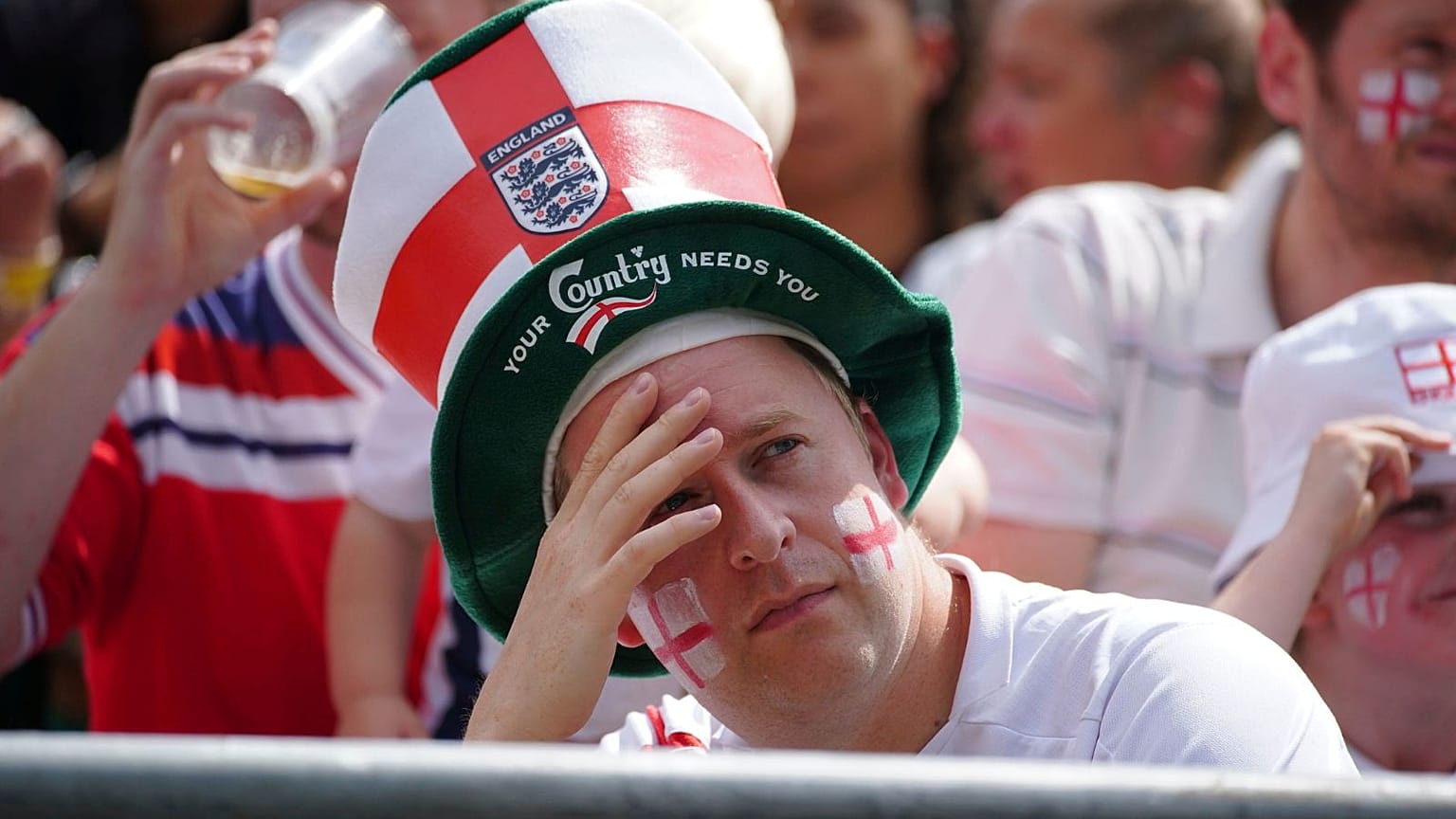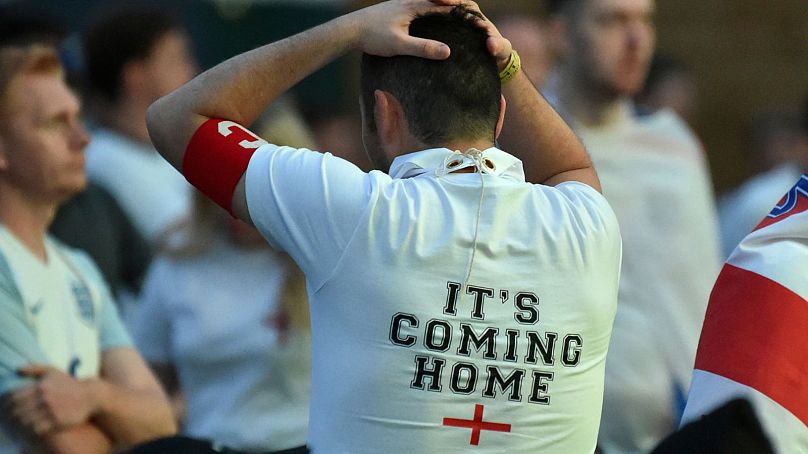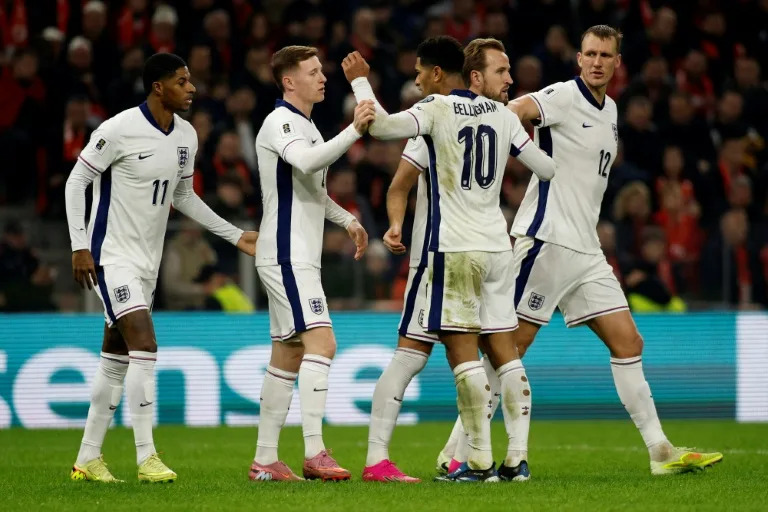Man, if you’re an England fan, you know this feeling. Every single World Cup, every Euros. It’s not just hope; it’s a terrifying, aggressive expectation that is loaded onto 23 young blokes. I started this whole thing because I got sick of explaining to my American mates why losing a quarter-final felt like a national tragedy, not just a sporting defeat.

I decided to stop just yelling at the TV and actually figure out the historical mechanics of this emotional torture chamber. I didn’t want the sports journo spin; I wanted the hard, messy truth of how we managed to stack fifty-plus years of cultural burden onto a single tournament performance.
Phase 1: Identifying the Patient Zero – Digging into ’66
The first thing I did was scrap the modern narrative. Forget the current squad. I needed to understand the starting point. I literally spent two days just wading through archival footage and newspaper scans from the 1966 win. I wanted to see how the myth was built.
- I pulled every single headline from the day after the final. It wasn’t just a win; it was framed as the natural, rightful order of the universe. We invented the game; therefore, we should dominate it. That arrogance, that implicit right to victory, was cemented right there.
- I cross-referenced the victory with the prevailing national mood. Post-war Britain, declining empire. That trophy became less about football and more about confirming national relevance. I documented how quickly that belief system bled into every subsequent generation of commentary.
I realized the problem wasn’t winning; the problem was that 1966 established failure as an anomaly, a glitch in the Matrix, instead of a standard sporting outcome. We were doomed from the minute the final whistle blew in ’66.
Phase 2: Mapping the Decades of Glorious Failure
Okay, so ’66 set the bar. But why didn’t the bar drop when we failed repeatedly? That’s where the analysis got interesting. I started tracking the media cycle around five key tournaments: 1986, Italia ’90, Euro ’96, 2006, and 2018.
I didn’t just read summaries; I tracked the emotional temperature graph of the tabloid coverage. It was always the same damn cycle:

The Cycle I Charted:
- Initial Hope (The First Group Game): “This is the year!” Massive, irrational hype.
- The Mid-Tournament Scare (Second Group Game/R16): Panic sets in. The team is criticized mercilessly.
- The Inevitable Penalty Shootout/Heartbreak Loss (QF/SF): This is the key. The media immediately pivots from “They were useless” to “They showed spirit! We should be proud!”
- The Post-Mortem: The narrative settles on “Moral Victory” or “We need to fix the system,” only to reset the expectation clock back to full blast two years later.
I collected quotes from ex-players talking about the pressure—not the pressure from the manager, but the paralyzing pressure of 50 million people expecting you to fix decades of historical disappointment. I needed to see that psychological weight documented.
I even dug into cultural phenomena like the “Three Lions (Football’s Coming Home)” song. I analyzed the lyrics. It’s not a boast; it’s a lament wrapped in a defiant promise. It’s about 30 years of hurt! We literally codified our failure into our primary anthem. We sing about not winning, and somehow, that fuels the expectation that we must win next time.
Phase 3: The Systemic Loading of Pressure
This is where I moved from history to the immediate mechanism. I spent a week just observing the social media landscape and talk radio in the weeks leading up to the last major tournament. The practice here was less about reading and more about immersion, letting the collective frenzy wash over me.
I cataloged the language being used. It wasn’t about competitive analysis (“They need to beat France because of tactical X”). It was moral obligation (“They owe it to the nation,” “This team is special,” “It’s time to fulfill the destiny”).

I mapped out the fan reaction post-loss versus fan reaction post-win in the group stage. When they win 6-2 against some minor team, the response is massive relief, quickly followed by doubling down on the expectation (“See, I told you they were world-beaters!”). If they sneak a 1-0 win, it’s immediate panic, but that panic just morphs into more aggressive expectation (“They better get their act together because they MUST win the next one!”).
What I realized through all this documentation is that the fans, the media, and the culture have created a perfect feedback loop:
- 1966 grants divine right.
- Subsequent failure is interpreted not as inadequacy but as a tragic, temporary injustice.
- This injustice fuels a stronger, more desperate hope for the next cycle.
- The media weaponizes this hope to drive viewership and sales.
- The cycle reinforces the original expectation until the pressure is simply unbearable.
I finished this whole documentation project and just sat back looking at the notes. It’s not fair to the players. The expectations are so high not because the current team is necessarily the best in the world, but because they are carrying the entire national need for validation that started in 1966. We don’t expect them to win a football game; we expect them to finally fulfill a half-century old cultural prophecy. No wonder they look absolutely terrified during penalties. It’s the weight of history crashing down on them. And trust me, I’ll be sitting there next tournament, screaming right along with everyone else, fully understanding exactly why we are setting ourselves up for maximum agony. It’s who we are.
